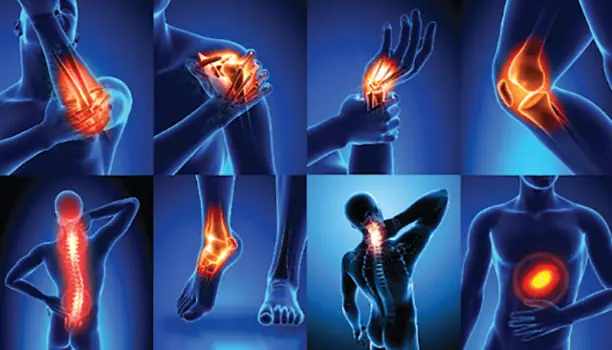
What Causes a Heart Attack? 13 Health Conditions to Watch For
Are You Increasing Your Heart Attack Risk Without Realizing It?
Many people think heart attacks happen mostly due to uncontrollable factors like age or genetics. While those certainly play a role, research shows that everyday choices — often the small, repeated ones — can either protect your heart or slowly push it toward danger.
The encouraging news is that prevention is largely in your hands. By understanding the often-overlooked triggers below and making simple adjustments, you can dramatically lower your chances of having a heart attack.
13 Surprising Heart Attack Triggers (and How to Avoid Them)
1. Cold Weather
Cold air causes your arteries to constrict, forcing your heart to pump harder to circulate blood. Even everyday winter activities, such as shoveling snow or brisk walking in freezing temperatures, can trigger heart strain.
Solution: Bundle up with layered clothing, hats, and gloves — even if it feels bulky. Warm up your muscles before tackling outdoor chores. Shoveling alone sends an estimated 11,000 people to the ER every year, with about 7% experiencing heart-related emergencies.
2. Gum Disease
Oral bacteria from untreated gum infections can enter your bloodstream, attach to fatty deposits in arteries, and create dangerous clots.
Solution: Brush and floss daily, see a dentist twice a year, and consider natural helpers like saltwater gargles or coconut oil pulling. Maintaining oral health isn’t just about a bright smile — it can literally save your heart.
3. Lack of Sleep
Sleeping less than six hours a night doubles the risk of a heart attack. Poor sleep increases inflammation, raises blood pressure, and disrupts hormone balance.
Solution: Aim for 7–9 hours of quality rest. Create a wind-down routine, avoid screens an hour before bed, and try relaxation practices such as yoga or meditation.
4. Overeating
A single heavy meal can spike norepinephrine — a stress hormone that increases heart rate and blood pressure — and trigger a heart attack within 24 hours.
Solution: Eat smaller, balanced meals and take your time while eating. Chew thoroughly and pause between bites to give your body time to signal fullness.
5. Air Pollution & Car Exhaust
Microscopic particles from vehicle emissions can damage arteries, increase blood clot risk, and reduce oxygen flow.
Solution: Use public transportation, carpool, or bike when possible. Indoors, keep windows closed during high-traffic hours and add air-purifying plants like peace lilies or spider plants to help filter toxins.
6. Strong Emotions (Positive or Negative)
Sudden emotional surges — joy, anger, grief, or shock — can disrupt heart rhythms and sharply raise blood pressure. Grief, in particular, is linked to a spike in heart attacks within the first 24 hours.
Solution: Practice deep breathing during tense moments, and don’t hesitate to reach out for emotional support from friends, family, or a therapist.
7. Processed & Canned Foods
These foods are often loaded with sodium, which drives up blood pressure and increases strain on the heart.
Solution: Read labels closely. Opt for fresh produce, whole grains, and lean proteins. When using canned goods, rinse them to reduce excess sodium.
8. Migraines
Frequent migraines, especially those with visual auras, are linked to higher cardiovascular risks over time.
Solution: Track your triggers, stay hydrated, and explore natural relief options like magnesium-rich foods, peppermint oil inhalation, or neck stretches.
9. Getting Out of Bed Too Quickly
Most heart attacks occur in the morning, partly due to hormone spikes and mild dehydration after sleep.
Solution: Before rising, take a few minutes to stretch and breathe deeply. Keep a glass of water by your bed to drink before standing up.
10. Colds & Flu
Respiratory infections can inflame blood vessels and double heart attack risk.
Solution: Strengthen your immune system with immune-boosting foods like citrus, honey, cinnamon, and ginger-garlic soup. Wash hands regularly and avoid close contact with sick individuals.
11. Alcohol Consumption
While a small glass of red wine may have heart benefits, heavy drinking raises cholesterol, blood pressure, and heart attack risk.
Solution: Limit yourself to moderate amounts — generally one drink a day for women, two for men — or explore non-alcoholic alternatives such as sparkling water with fruit.
12. Sudden Physical Exertion
Jumping into intense activity without preparation — whether it’s lifting heavy furniture, sprinting, or even vigorous intimacy — can shock the heart.
Solution: Warm up first, build endurance gradually, and listen to your body’s warning signs like dizziness or chest discomfort.
13. Asthma
Asthma inflammation and certain medications can put extra strain on the heart, especially when combined with smoking or polluted environments.
Solution: Keep asthma under control with prescribed treatment, avoid triggers like cigarette smoke, and monitor air quality before spending long periods outdoors.
Bottom Line:
Heart health is not just about avoiding obvious dangers — it’s about recognizing hidden triggers in everyday life. With small, consistent changes, you can protect your heart and enjoy a longer, healthier life.
News in the same category

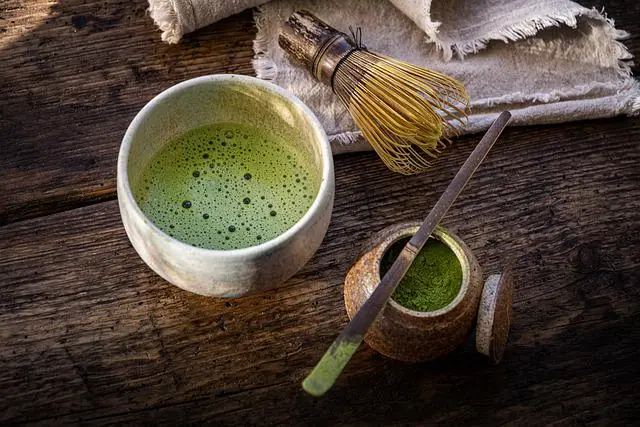
Proven Health Benefits of Matcha Green Tea: Weight Loss, Cancer and More (Evidence Based)
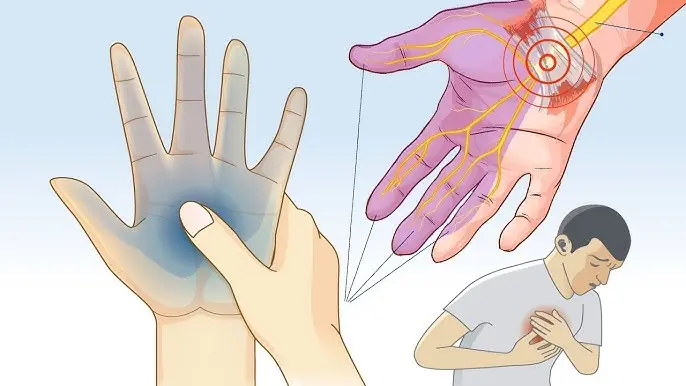
Waking Up with Numb or Tingling Hands: What It Really Means (Science Based)
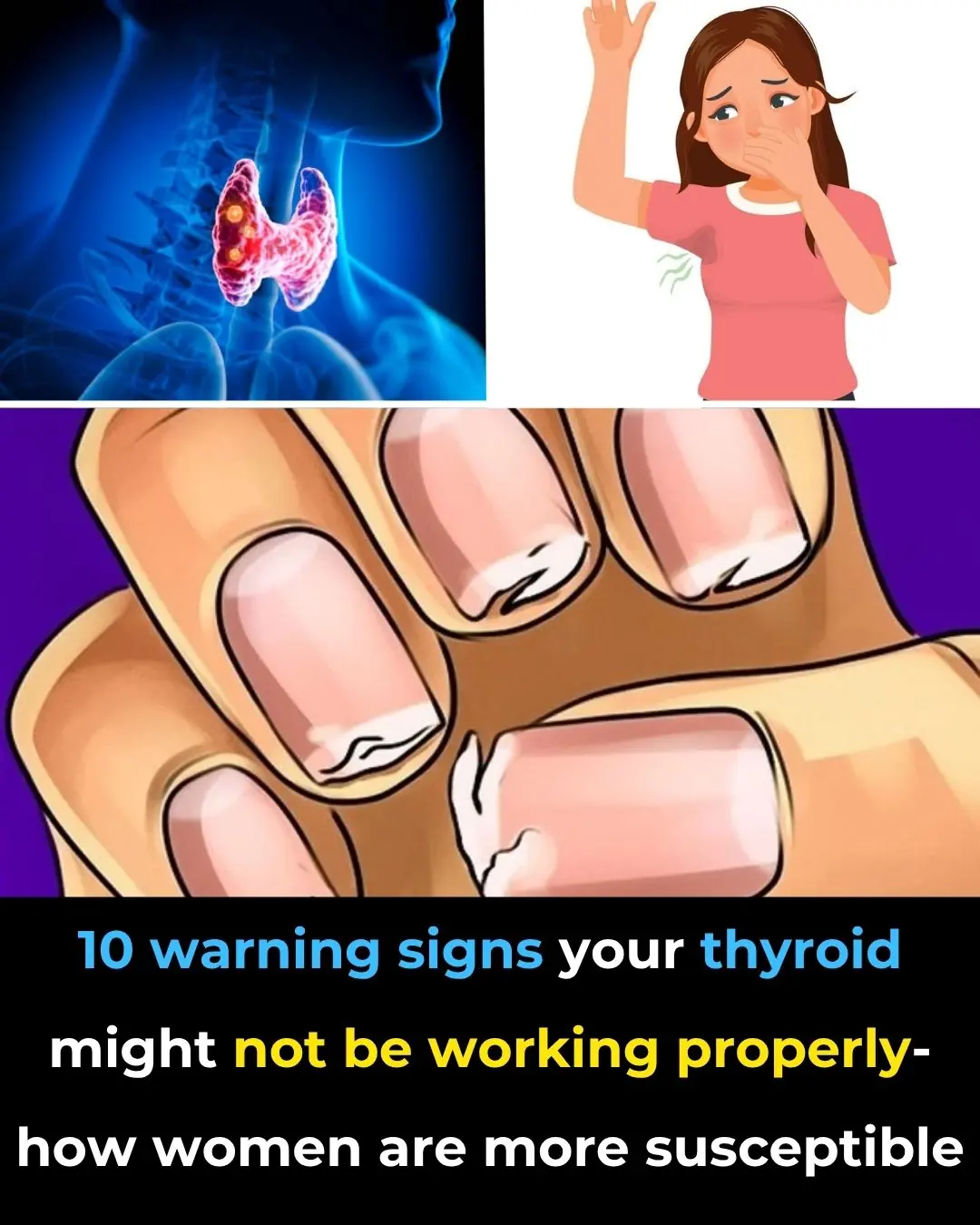
Thyroid Gland: How to Balance Its Hormones
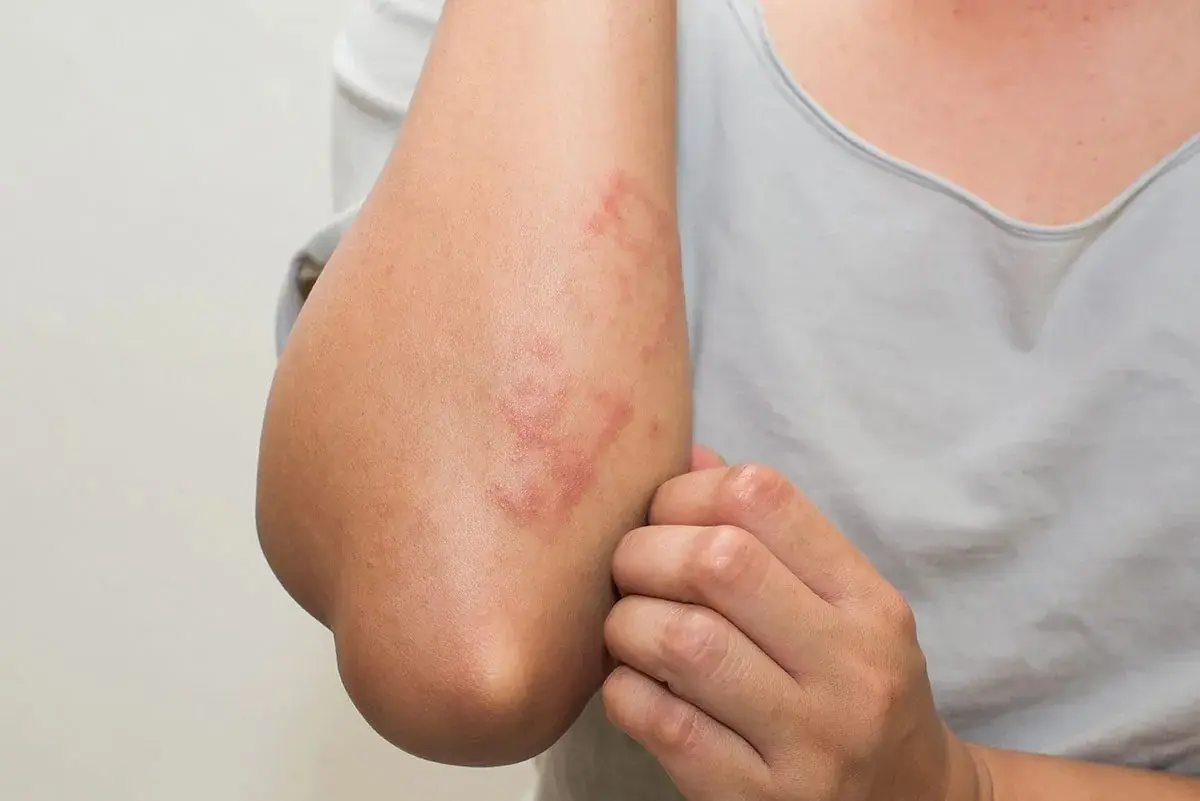
Gluten Intolerance Warning: Eczema and Other Hidden Signs Revealed
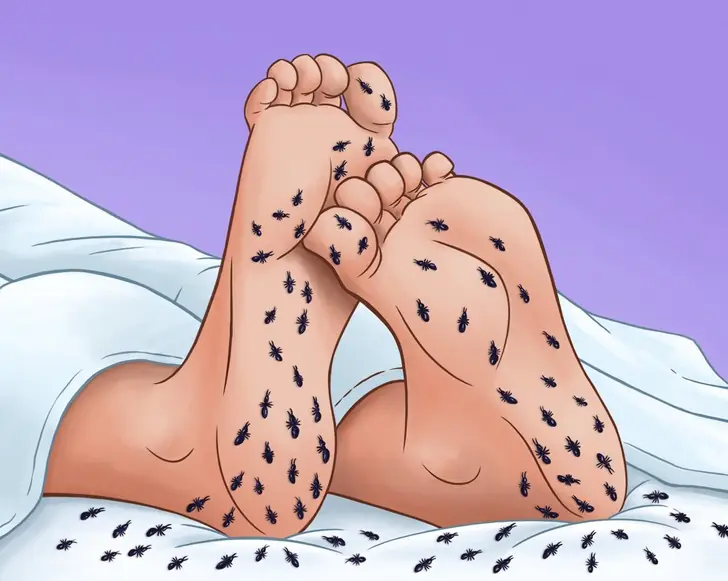
Your Body Is Begging You to Notice These High Blood Sugar Warnings
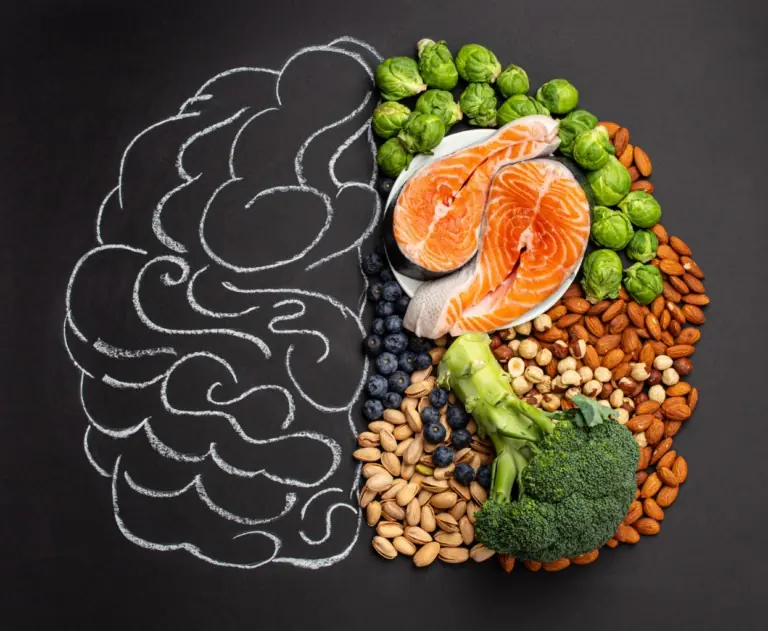
Research Reveals 12 Powerful Foods to Boost Your Brain, Improve Memory, and Make You Smarter
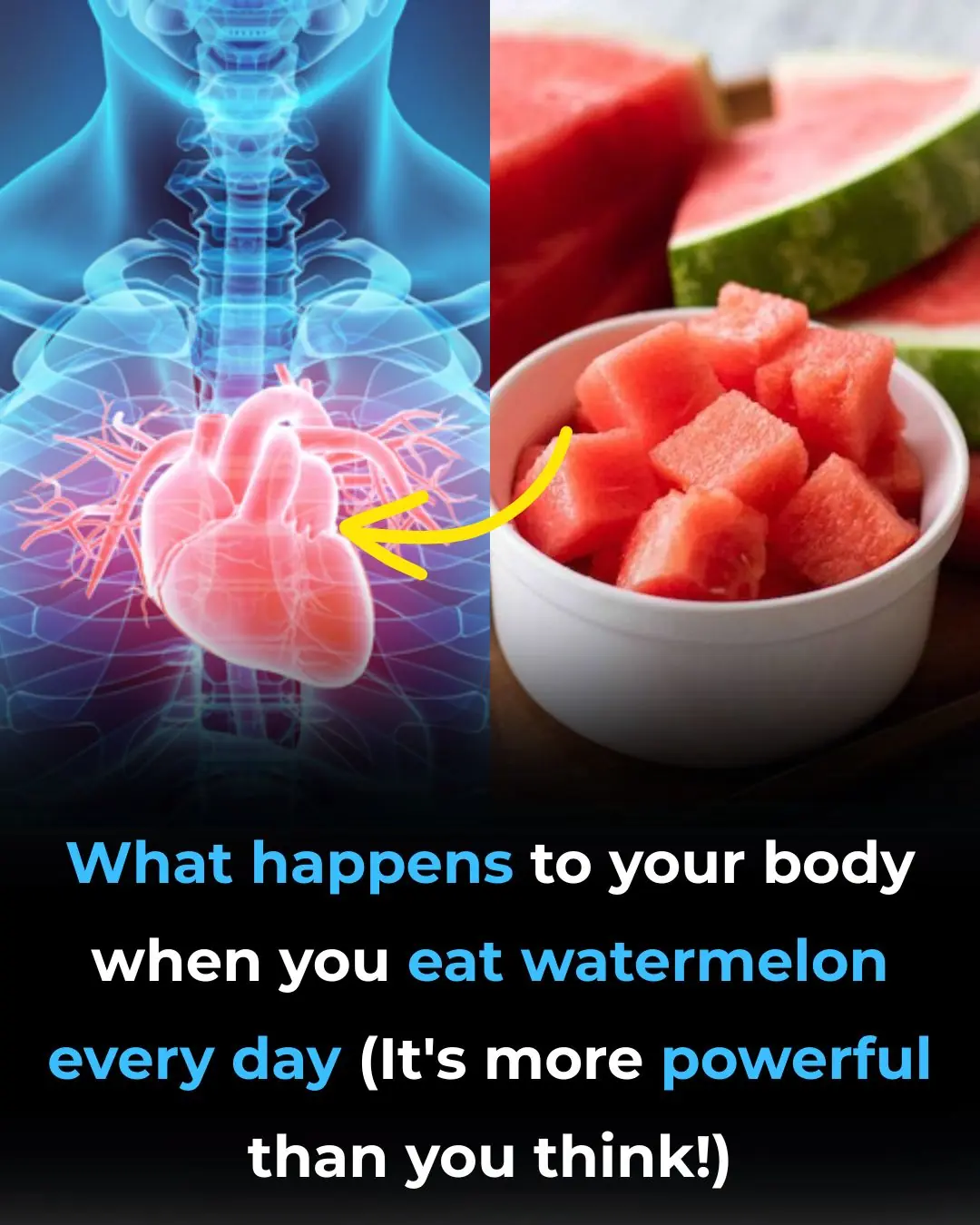
Proven Benefits of Watermelon and Watermelon Juice Including Nutrition Facts (Science Based)
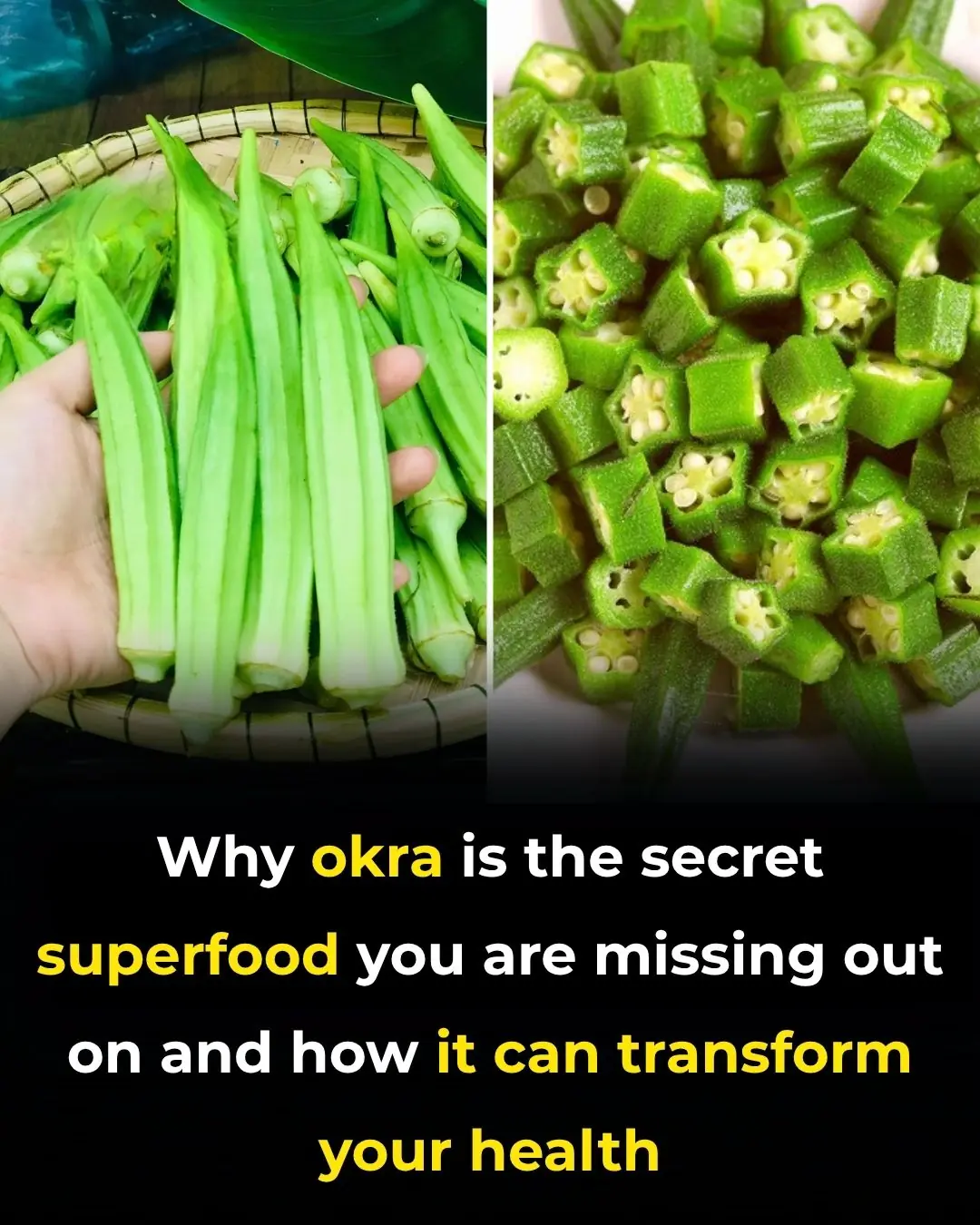
Proven Health Benefits of Okra That Are Based On Science (Including Nutrition Facts)
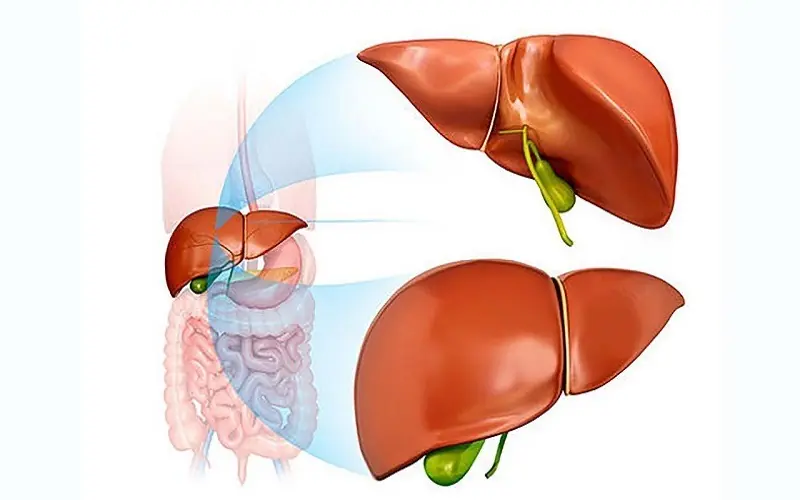
10 Proven Foods to Stimulate Your Liver and Remove Toxins Fast
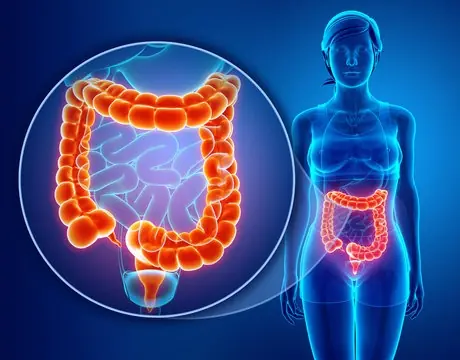
Scientists Reveal How to Cleanse Your Colon Fast Using Just 2 Simple Ingredients
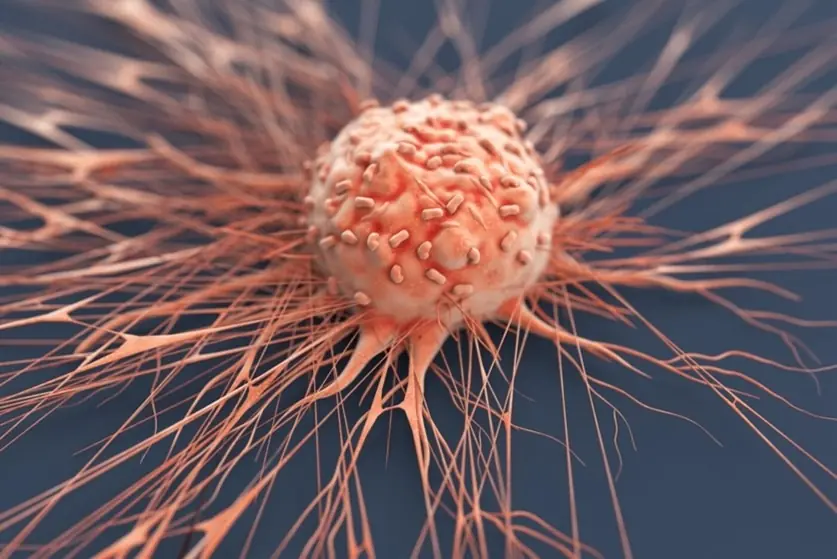
Doctors Urge: Stop Eating These 6 Foods That Fuel Cancer Growth
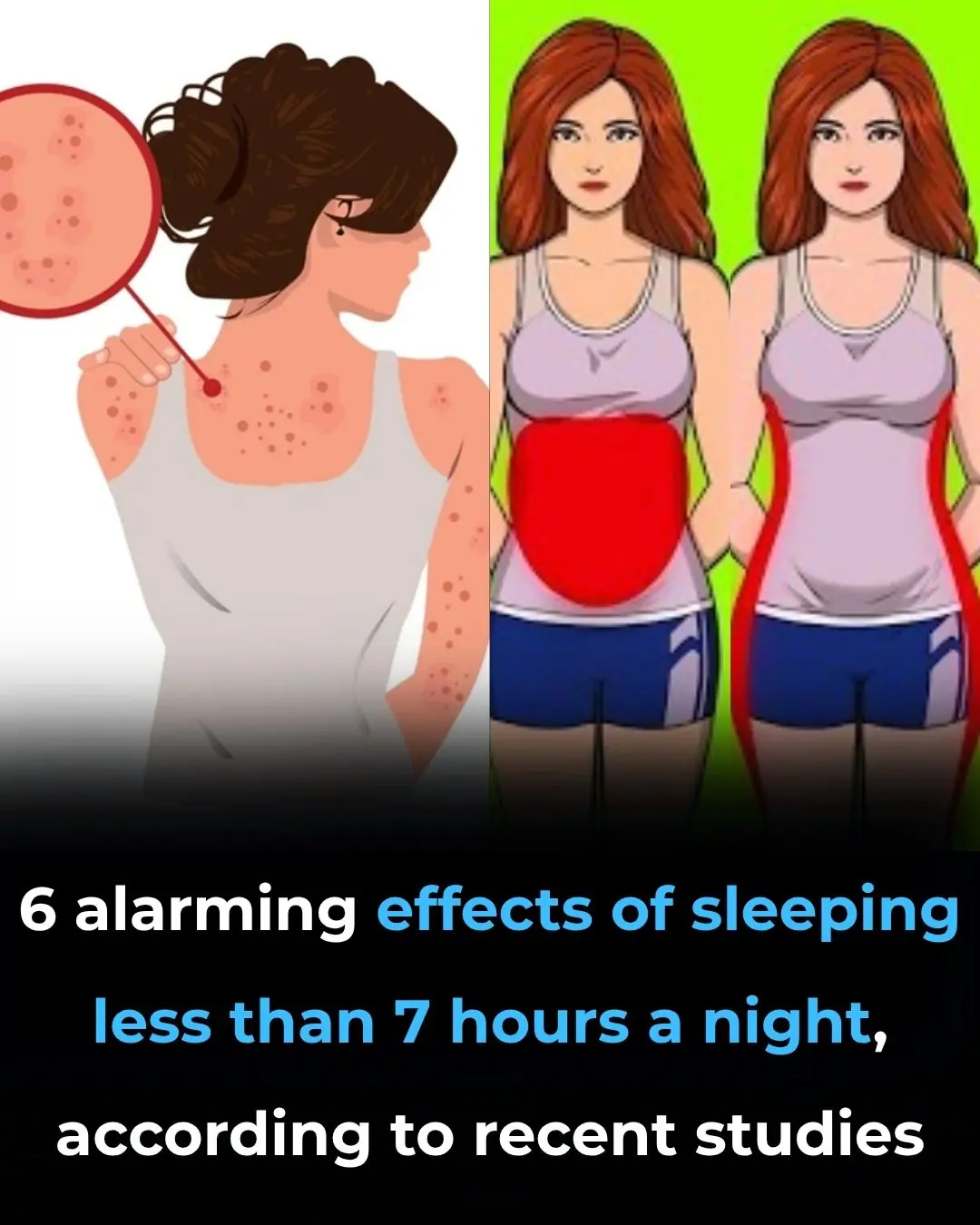
Sleeping Naked: 8 Surprising Benefits
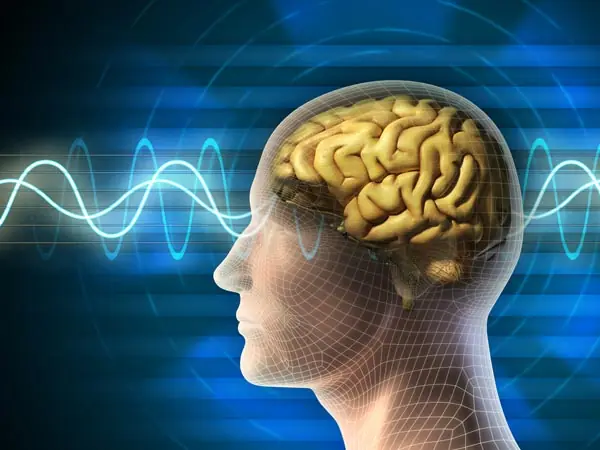
8 Habits That Could Damage Your Brain (According to Research)
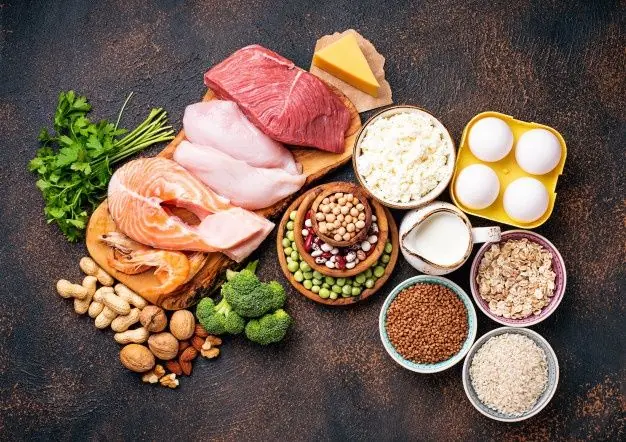
What Causes Belly Fat: Foods that Cause Belly Fat and Other Causes of Belly Fat
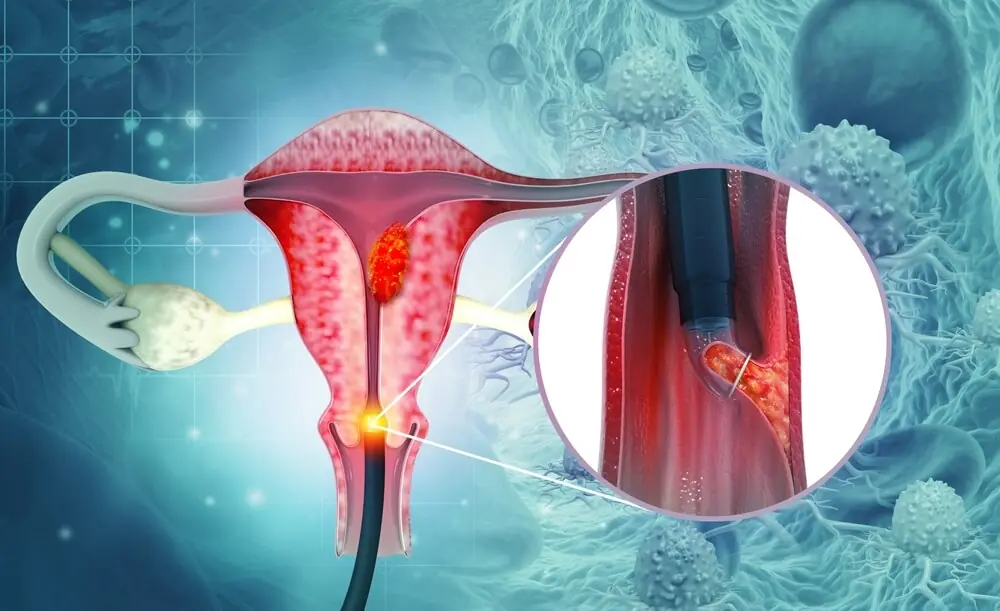
10 Warning Signs of Cervical Cancer You Shouldn’t Ignore
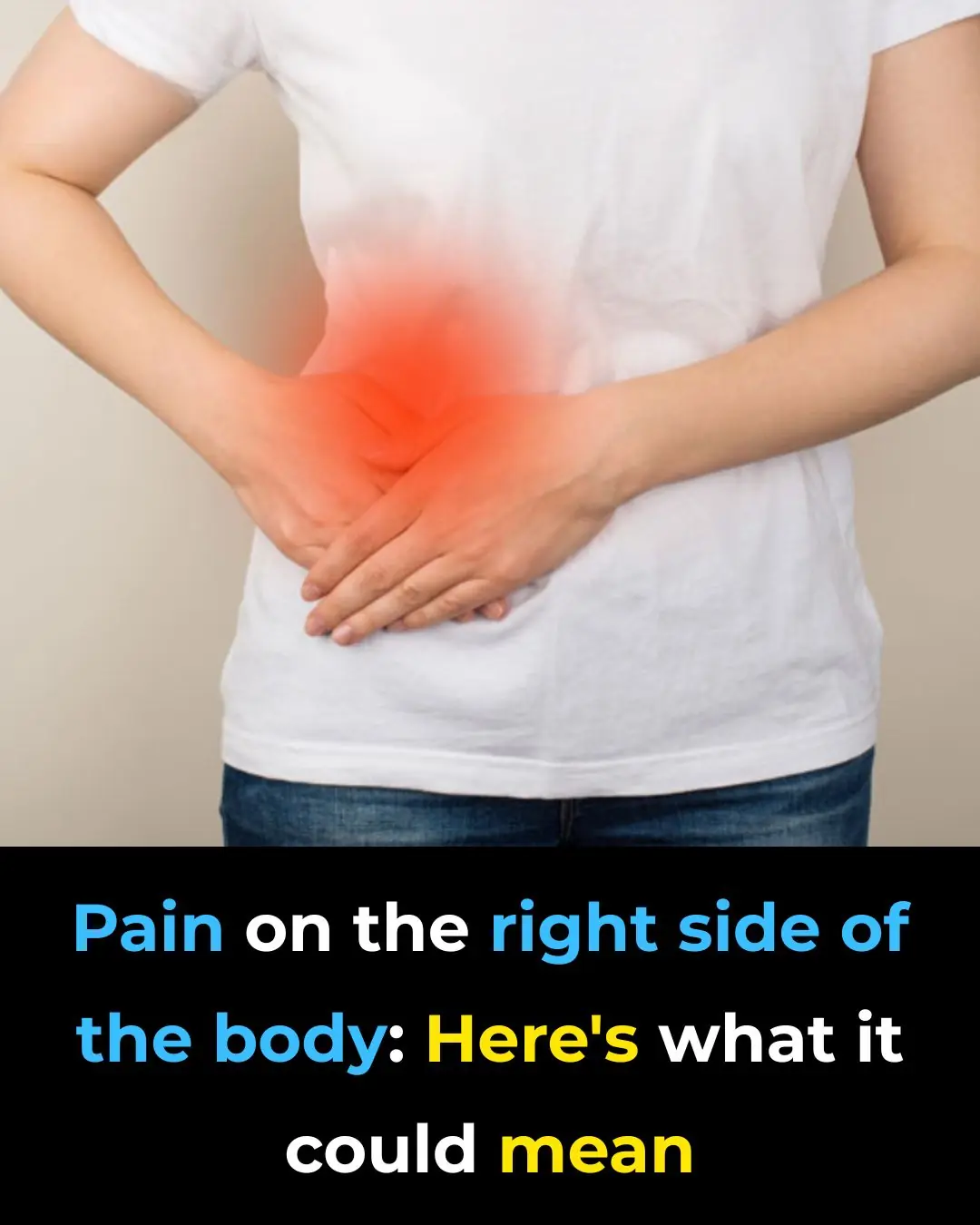
4 Common Causes of Body Pain on the Right Side
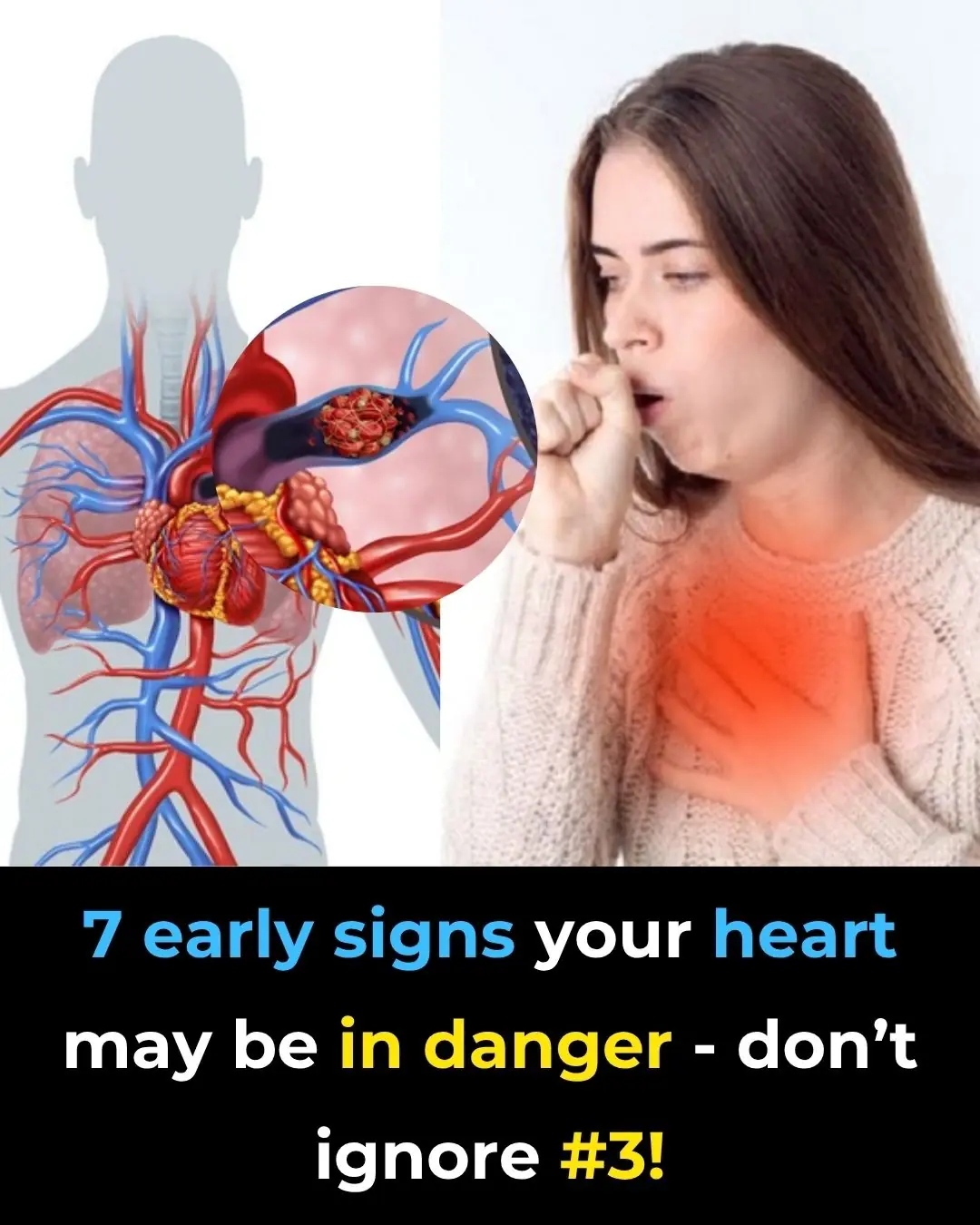
7 Early Signs Your Heart May Be in Danger – Don’t Ignore #3!
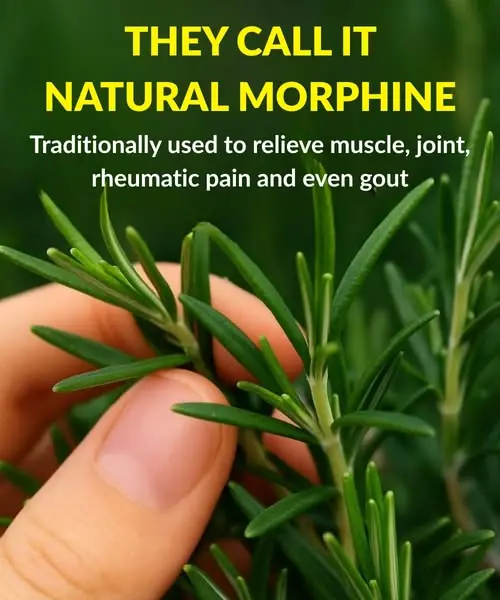
Discover the Power of Rosemary: Nature’s Potent Pain Reliever & Healing Herb
News Post

Proven Inflammatory Foods to Avoid According to Science

A Quiet Act of Kindness That Restored My Faith in Humanity.

Proven Health Benefits of Matcha Green Tea: Weight Loss, Cancer and More (Evidence Based)

A Boy Named Shayden Just Wanted One Thing: A Friend — Can We Help?

Waking Up with Numb or Tingling Hands: What It Really Means (Science Based)

My MIL Kicked My 6-Year-Old Daughter Out of My Nephew’s 7th Birthday Party – When I Found Out Why, I Had to Teach Her a Lesson

One Day My FIL Snapped, 'Did You Forget Whose House You're Living In?' — I Felt Humiliated and Had to Str!ke Back

Amazon's forgotten $500,000,000 deal that 'killed' Toys 'R' Us in 'cruel' move

The real reason why nobody has ever found human remains inside the Titanic wreckage

My Parents Kicked Me Out for Refusing to Attend Their Dream College — Five Years Later, They Got a Lesson They’ll Never Forget

I Thought My Daughter Was Just Going Through a Phase, but Her Journal Exposed a Truth I Wasn't Ready for – Story of the Day
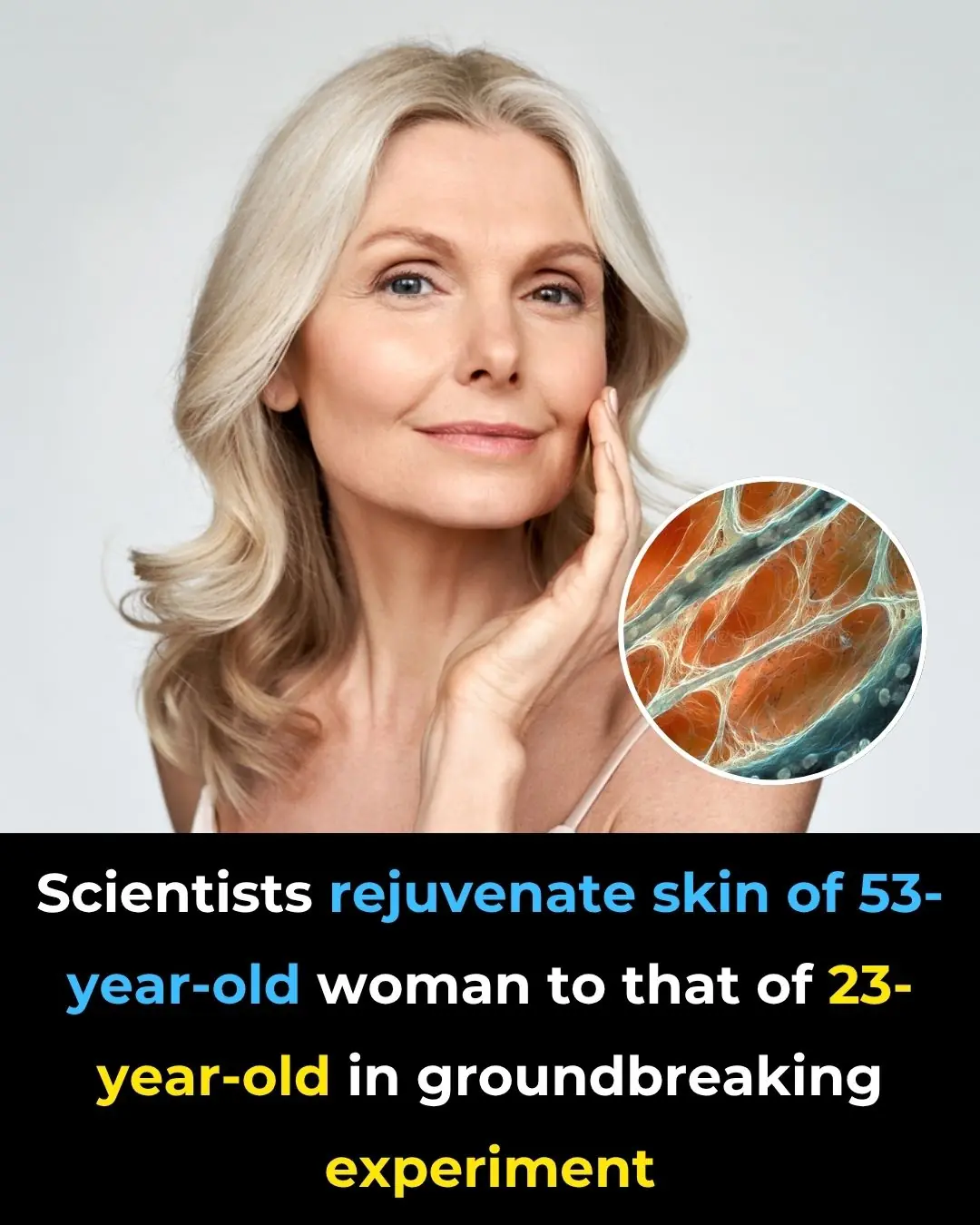
Scientists Reverse Aging of a 53-Year-Old’s Skin Cells to That of a 23

Thyroid Gland: How to Balance Its Hormones

Gluten Intolerance Warning: Eczema and Other Hidden Signs Revealed

Your Body Is Begging You to Notice These High Blood Sugar Warnings

Research Reveals 12 Powerful Foods to Boost Your Brain, Improve Memory, and Make You Smarter

The Dog Who Never Ran Away Again.

Officer’s Quick Fix Turns Routine Call into a Viral Moment of Kindness.

My son brought a psychiatrist home to have me declared legally incompetent.
